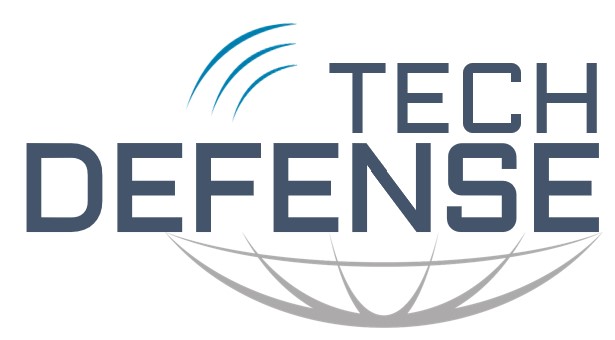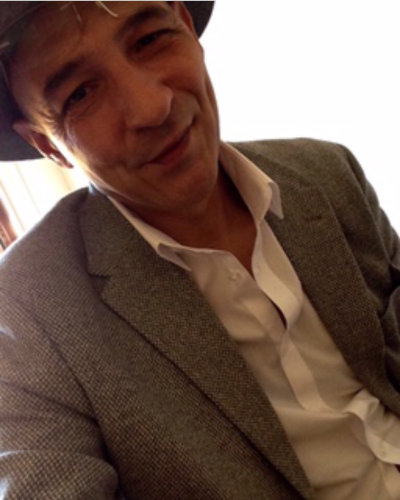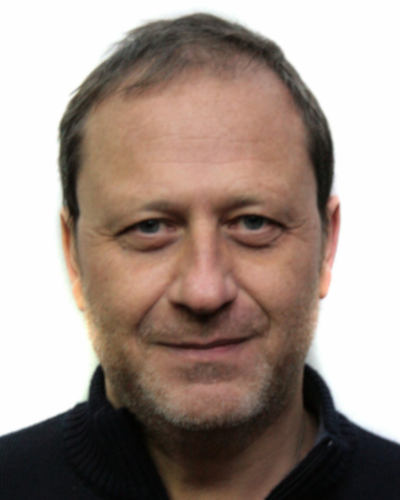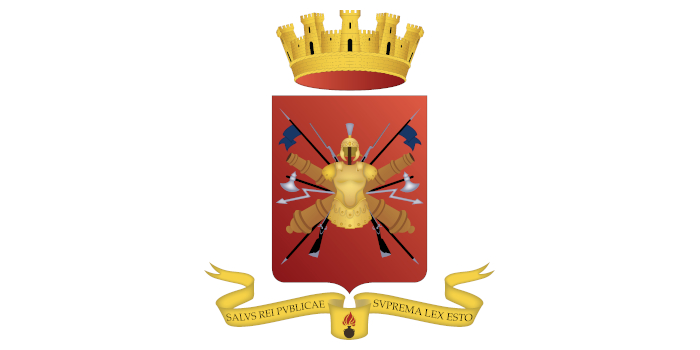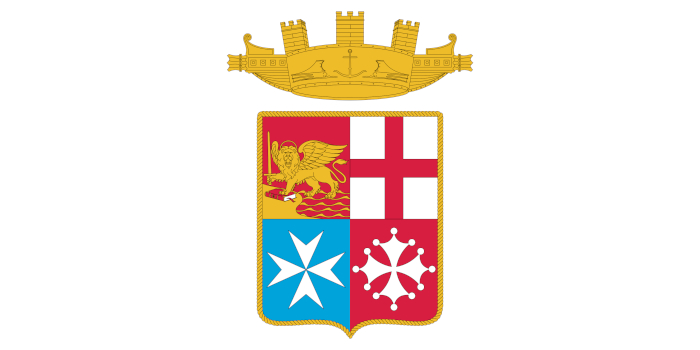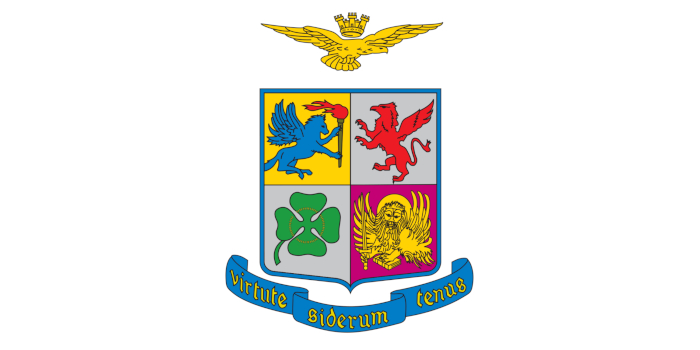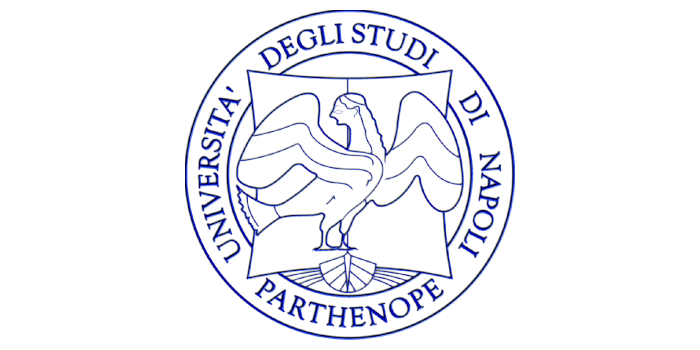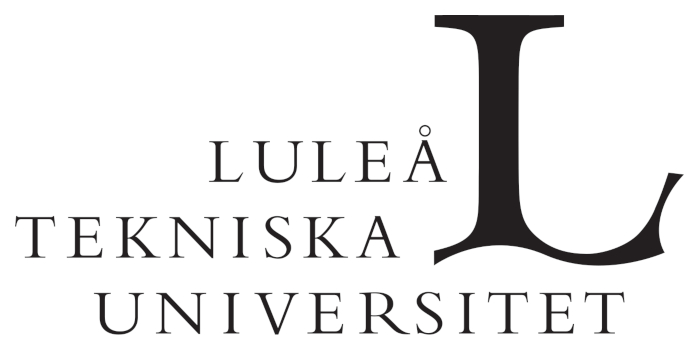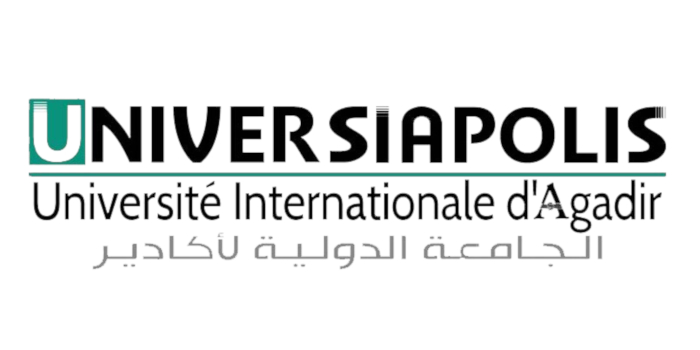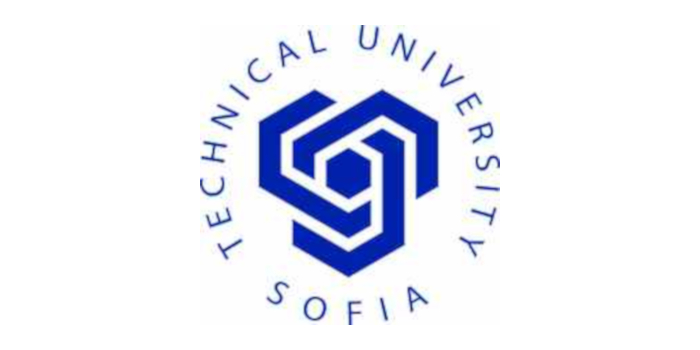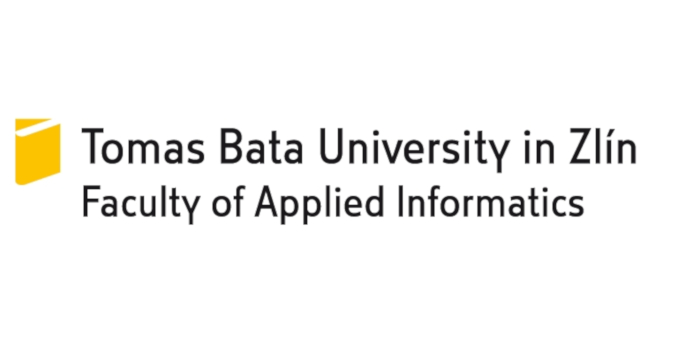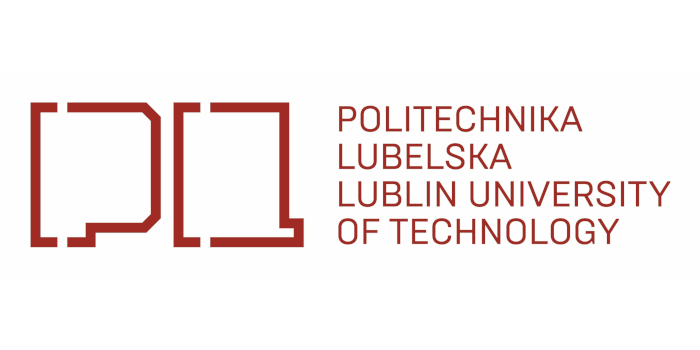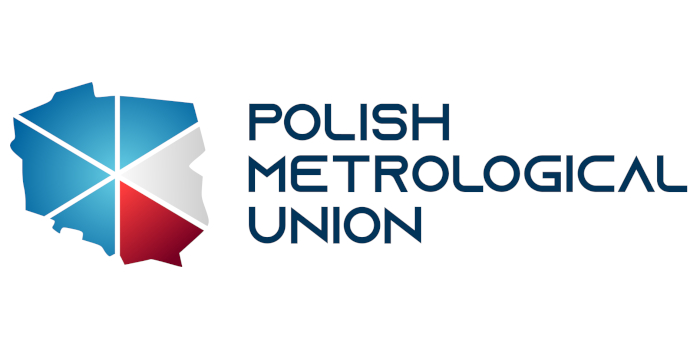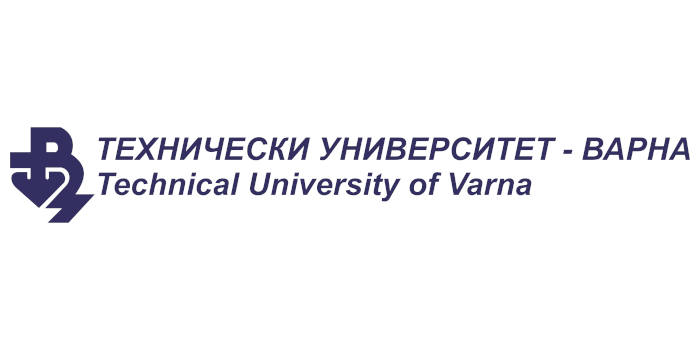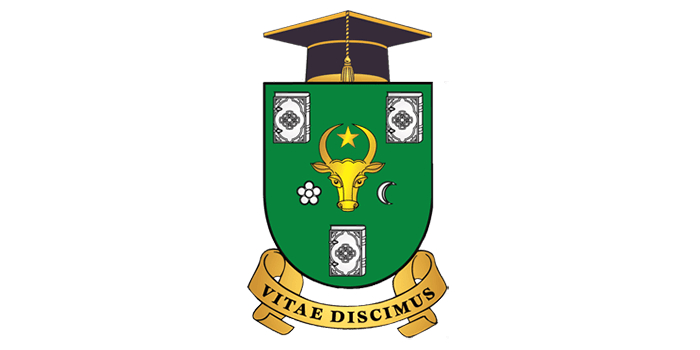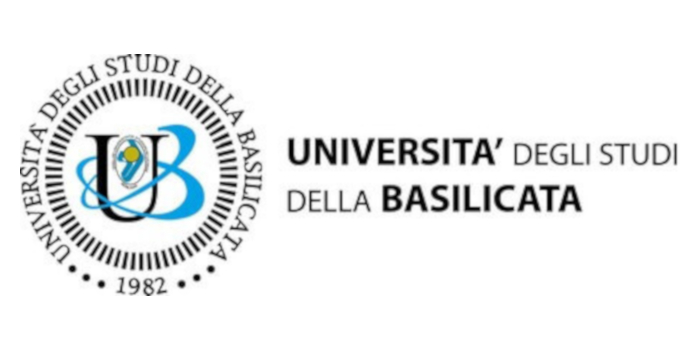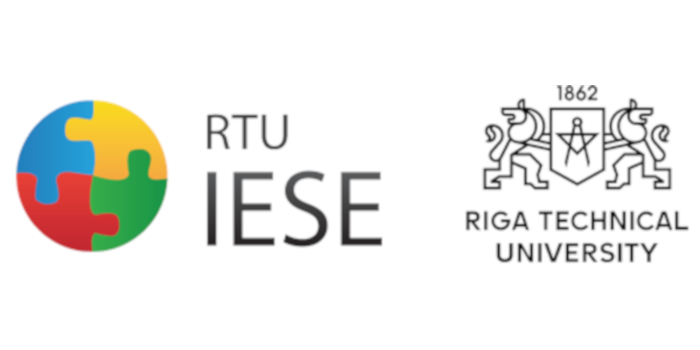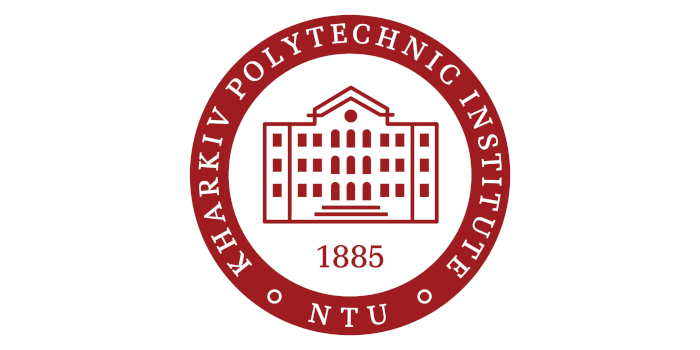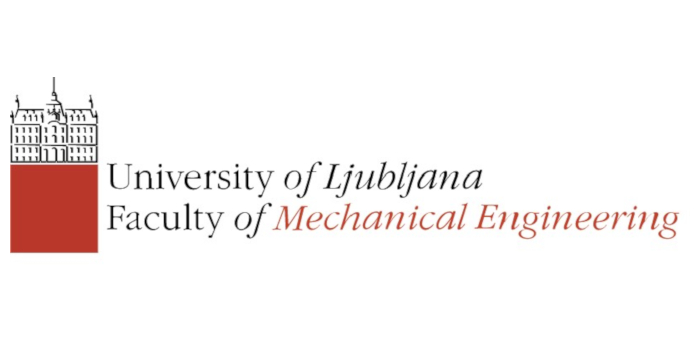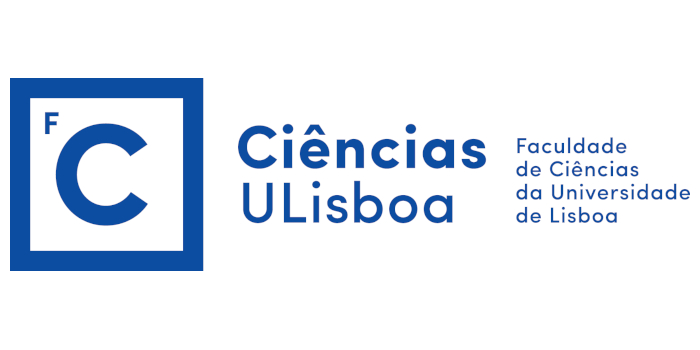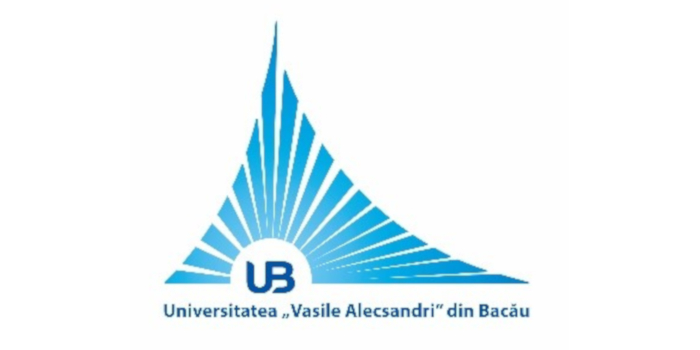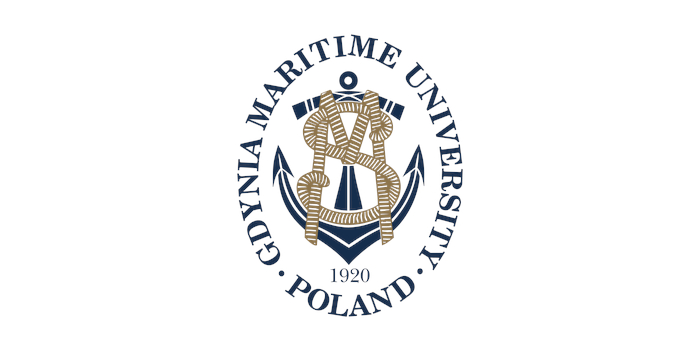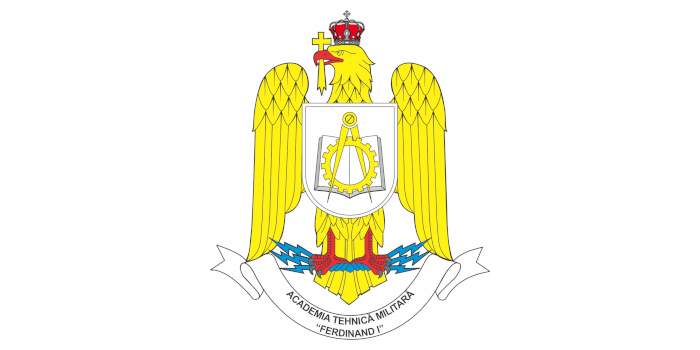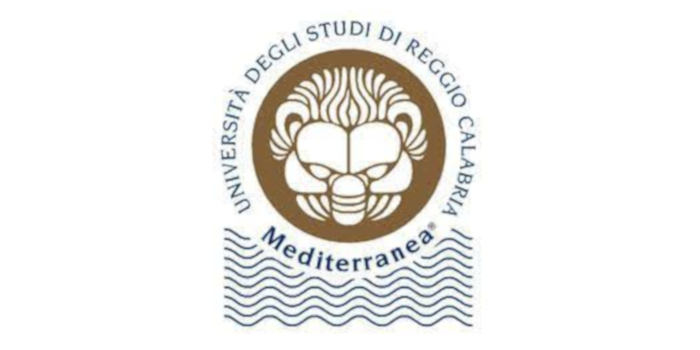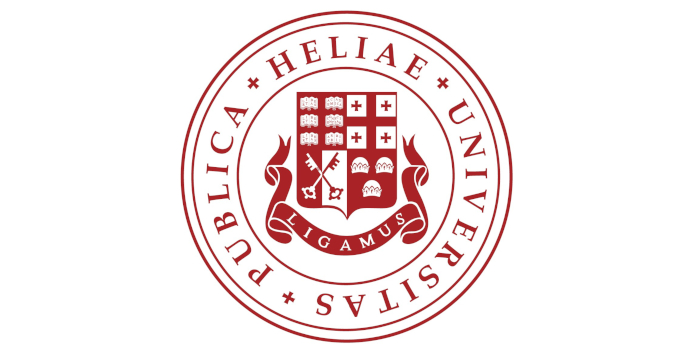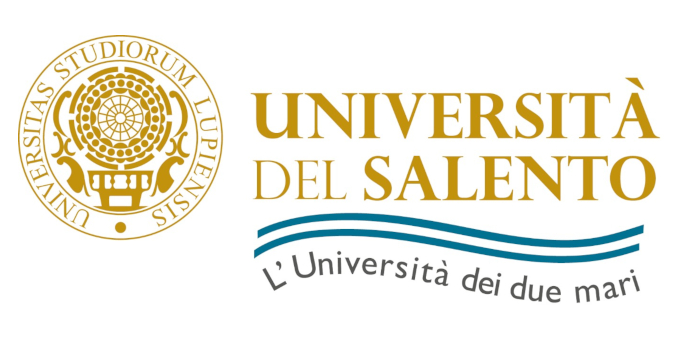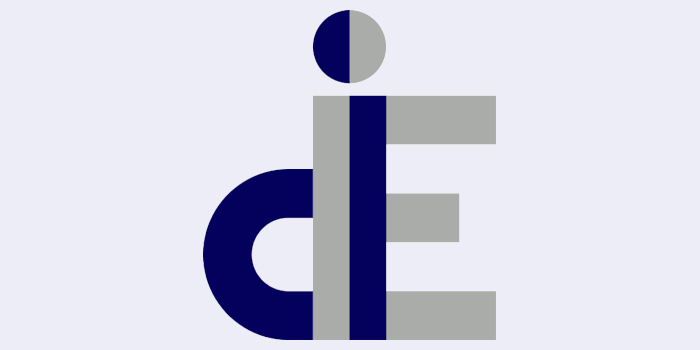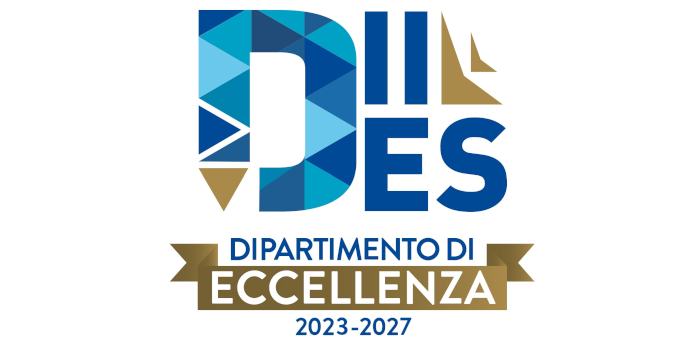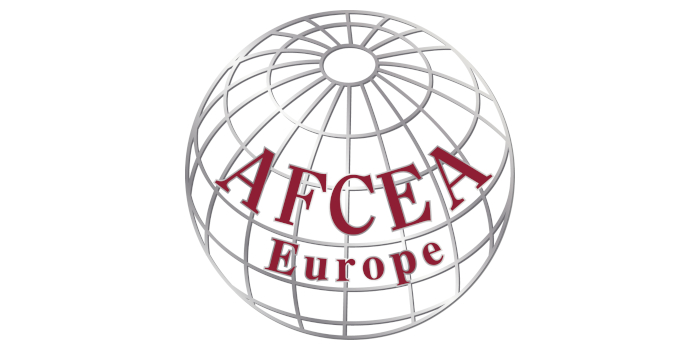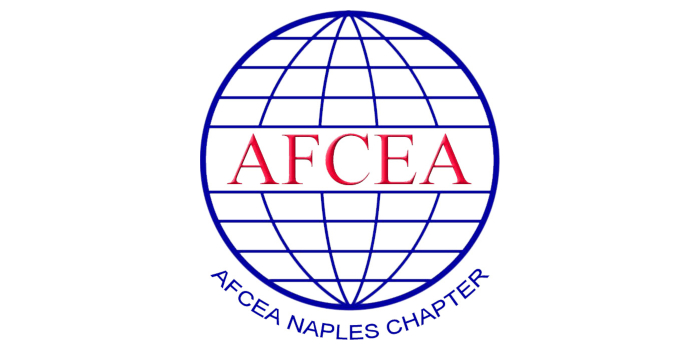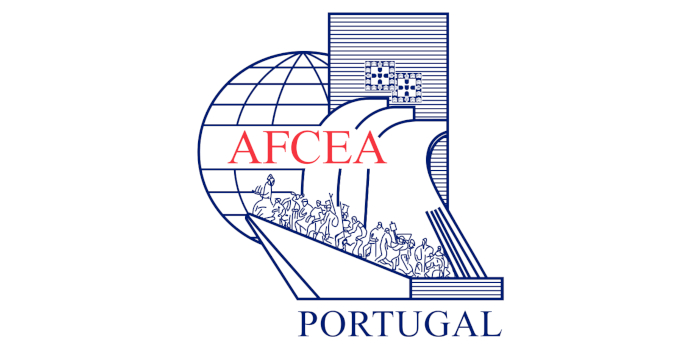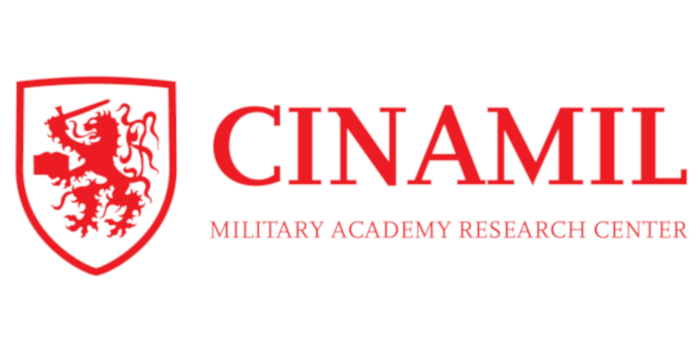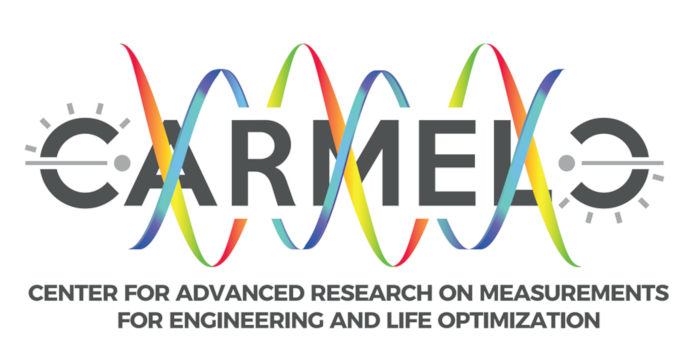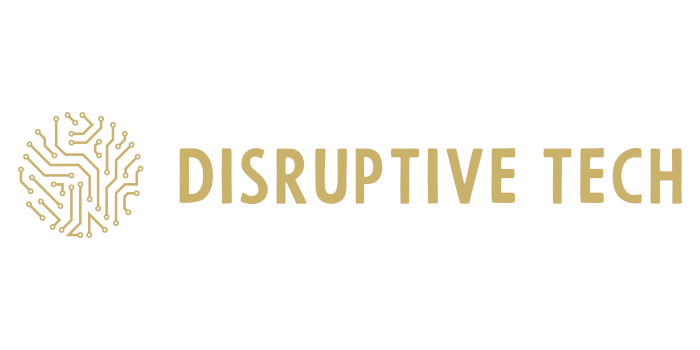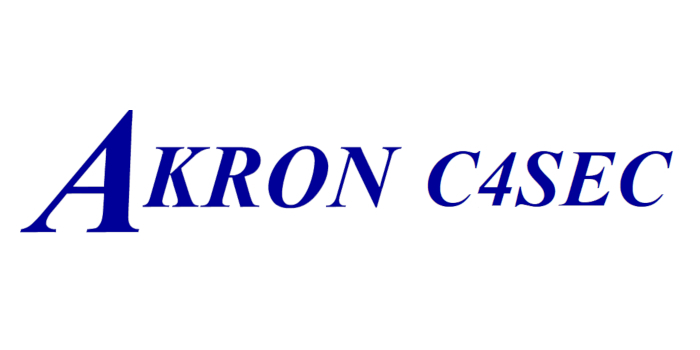SPECIAL SESSION #10
New Viruses and Biodefence
ORGANIZED BY
Pasquale Vito
Dept. of Science and Technology, Università degli Studi del Sannio, Italy
Stefano Maria Pagnotta
Dept. of Science and Technology, Università degli Studi del Sannio, Italy
ABSTRACT
The devastating impact of COVID-19 and the unsolved question about Sars-CoV-2 origin may inspire us to consider the development of biological weapons in the future. Major advances in the life sciences in recent decades raise the possibility of technical improvements that would make virus-based biological arms more effective or herald a new, more targetable generation of these weapons.
Indeed, the novel SARS-CoV-2 has several characteristics of an ideal biological weapon, including a high transmission rate, long incubation period, airborne transmission, and significant morbidity/mortality. Early in the pandemic, suspicion was cast that the virus was being developed as a biological weapon by a laboratory in Wuhan, China. Although these allegations may be deemed conspiracy theories due to misinformation operations, the resulting pandemic and the panicked public share similarities to a bioterror attack.
The purpose of the session is to discuss how to deal with the emergence of deadly diseases caused by naturally novel or man-made biological agents.
ABOUT THE ORGANIZERS
Professor Pasquale Vito completed his Biology studies at the University of Napoli Federico II, Italy. He then spent four years (three as a postdoc and one as visiting scientist) at the Laboratory of Cellular and Molecular Immunology at the National Institutes of Health, Bethesda, USA.
In 1996 he was appointed Principal Investigator at the Basel Institute for Immunology, Basel, Switzerland. Since 2003 he has been a professor of Genetics at the University of Sannio, Italy.
In 2017 he founded and was the scientific director of Genus Biotech, a university start-up whose mission is the development of genetic testing and molecular diagnostics. He has authored more than 50 scientific publications on the genetic control of the immune response.
Professor Stefano M. Pagnotta got his MSci in Mathematics from the University of Salerno and his Ph.D. in Applied Statistics from the University of Naples Federico II. Since 2007, he is an associate professor of statistics at the University of Sannio, Italy. He spent about one year as visiting scientist at the Institute of Cancer Genetics of Columbia University in New York City. Later, he has been visiting scientist at the University of San Paulo in Riberao Preto, Brazil. The latest scientific production concerns the statistical analysis of omic data devoted to cancer subtyping and driver discovery.
